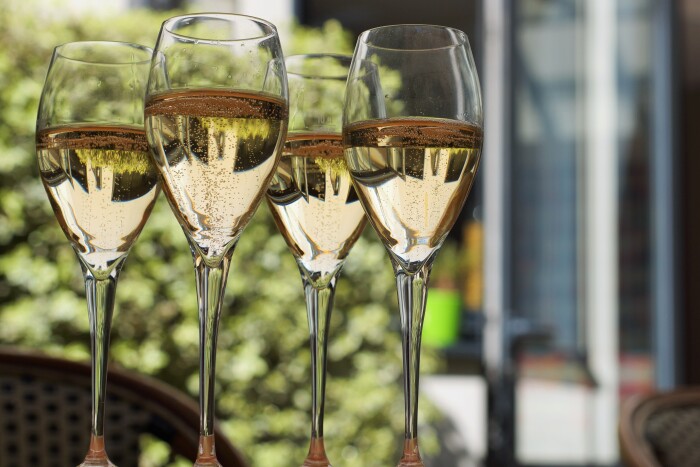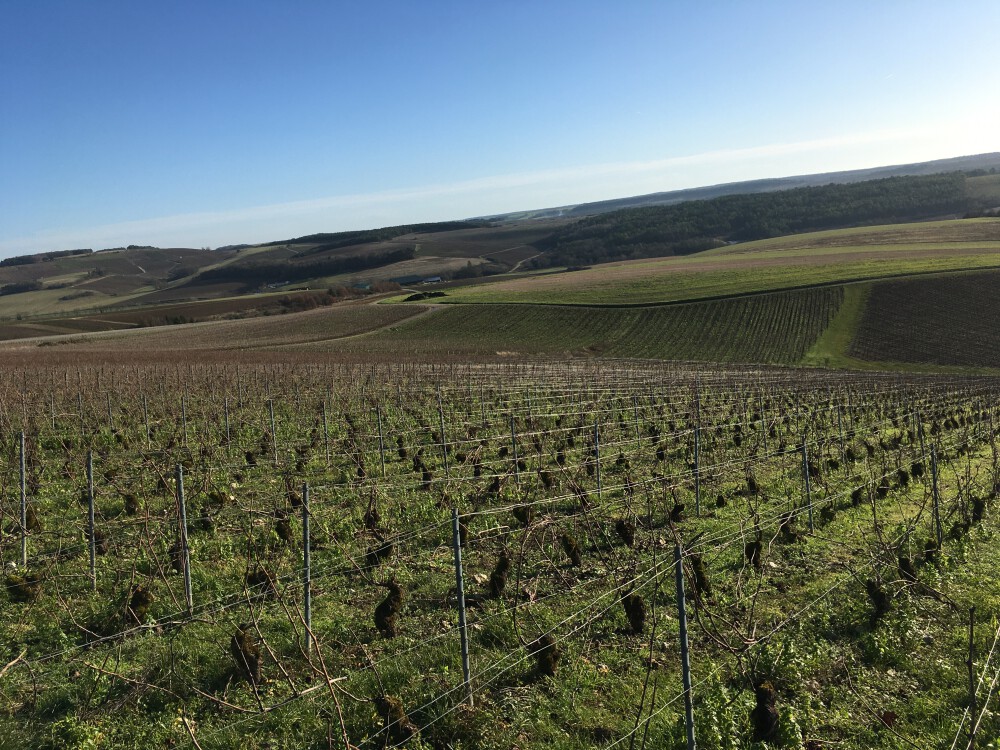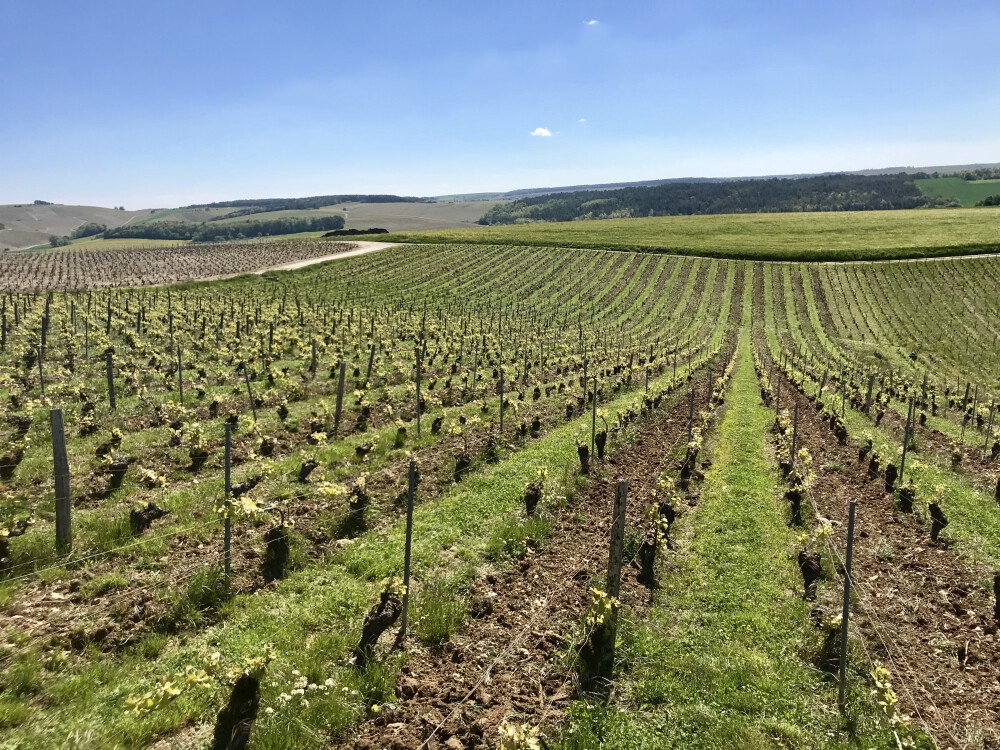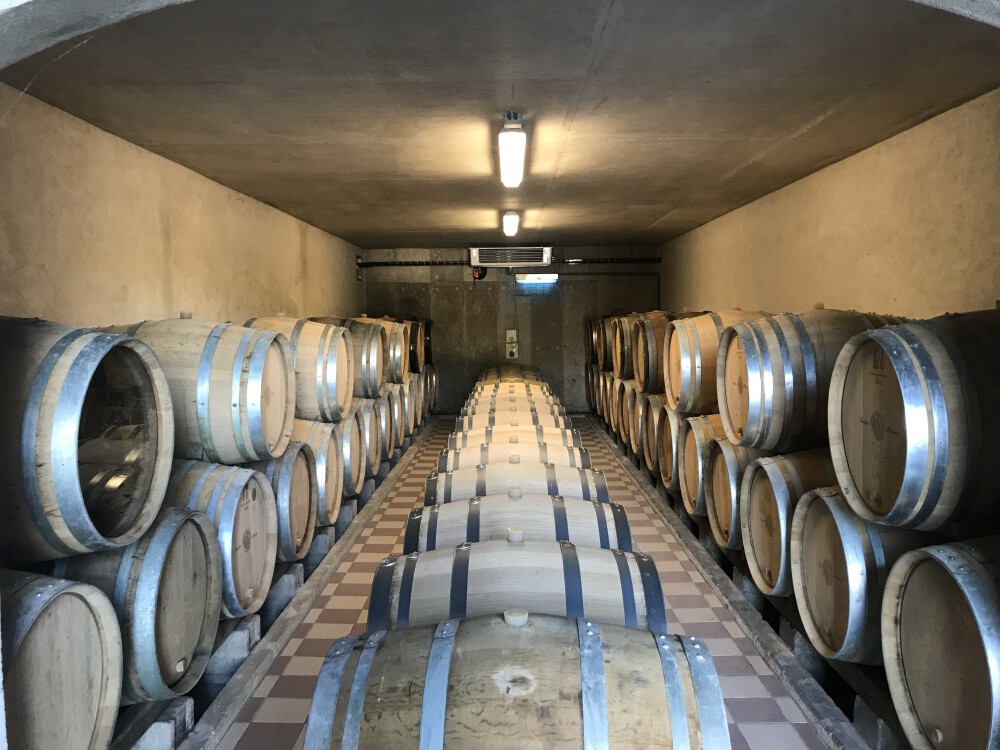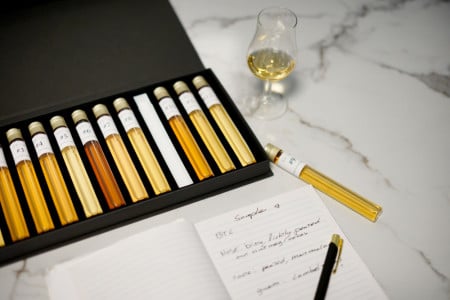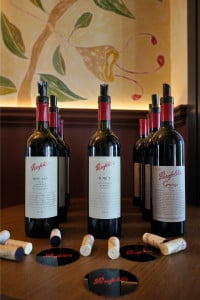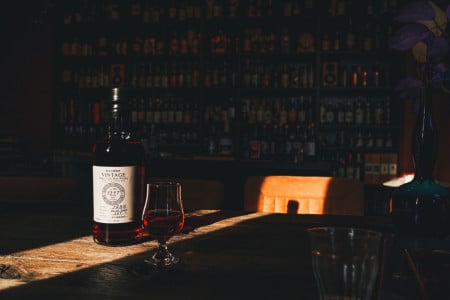The wine world never stops. There is always an emerging wine region or a new generation of winemakers taking over from the old guard… At Best of Wines we are always on top of the latest developments in the world of wine. We do everything we can to continue to surprise our customers with exciting, but above all, high-quality wines. Luckily, this is one of the nicest aspects of our job: constantly looking for hidden gems to add to our range. A task that we enjoy doing for you every day!
Today we would like to introduce you to four Champagne houses that we are extremely enthusiastic about and that we have recently added to our portfolio. Four extraordinary, young winemakers who approach the profession in a slightly different way than their parents' generation, who still worked their vineyards in the traditional way. We are talking about Clément Perseval, Emilien Feneuil and Aurelien Lurquin and Delphine Brulez (Louise Brison). Their way of working is marked by a great respect for nature and biodiversity. Clément, Emilien and Aurelien, also known as the “Three Musketeers of Champagne”, are also good friends. Delphine, who is in charge at Champagne Louise Brison, is one of the young winemakers from the “Fa'Bulleuses de Champagne” collective.
Although each of these talented young winemakers maintains their own style, we definitely see the similarities in the characters of their wines: we are talking about pure, flawless champagnes, dripping with craftsmanship. Four houses to keep a close eye on. While stocks last ...


